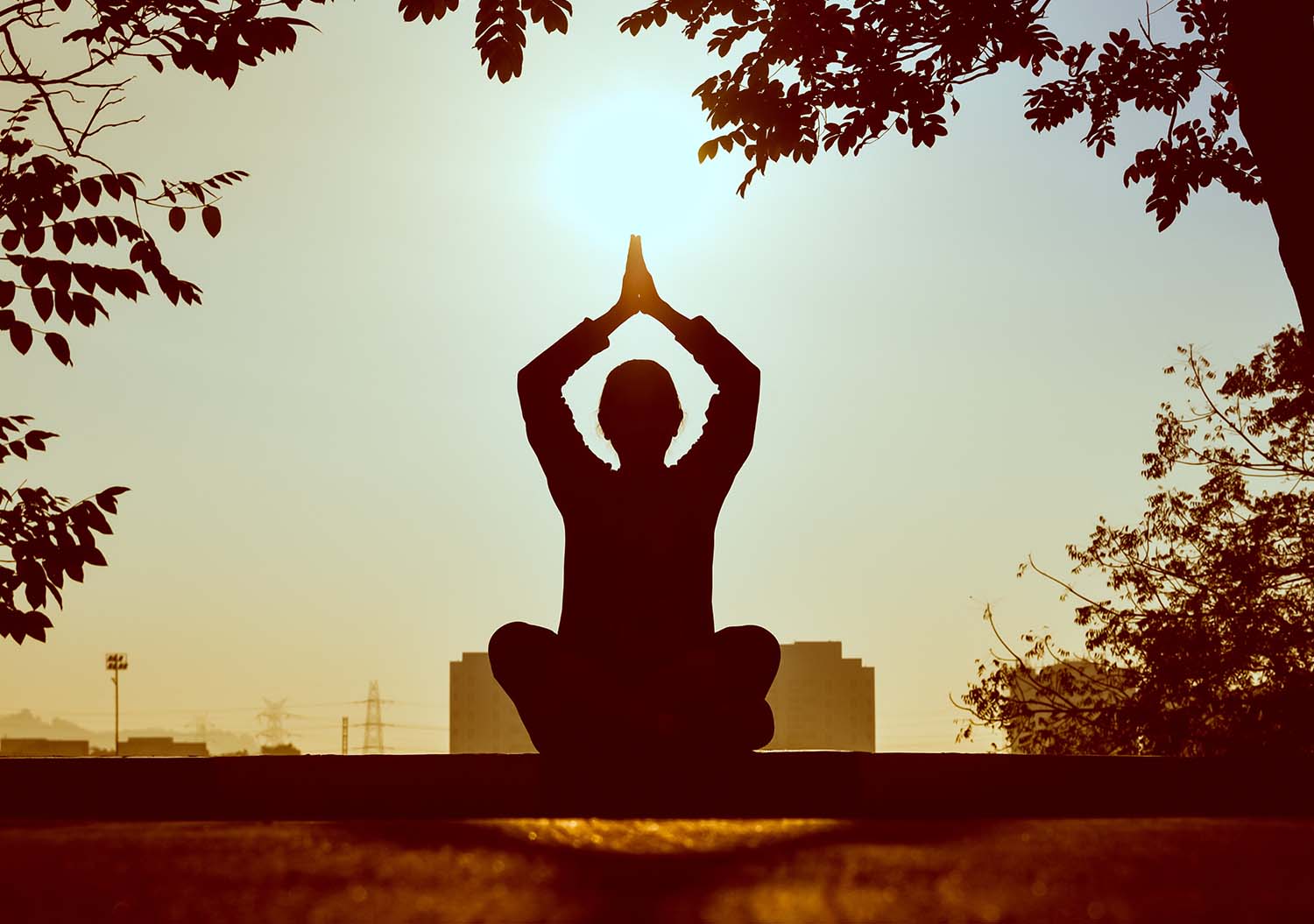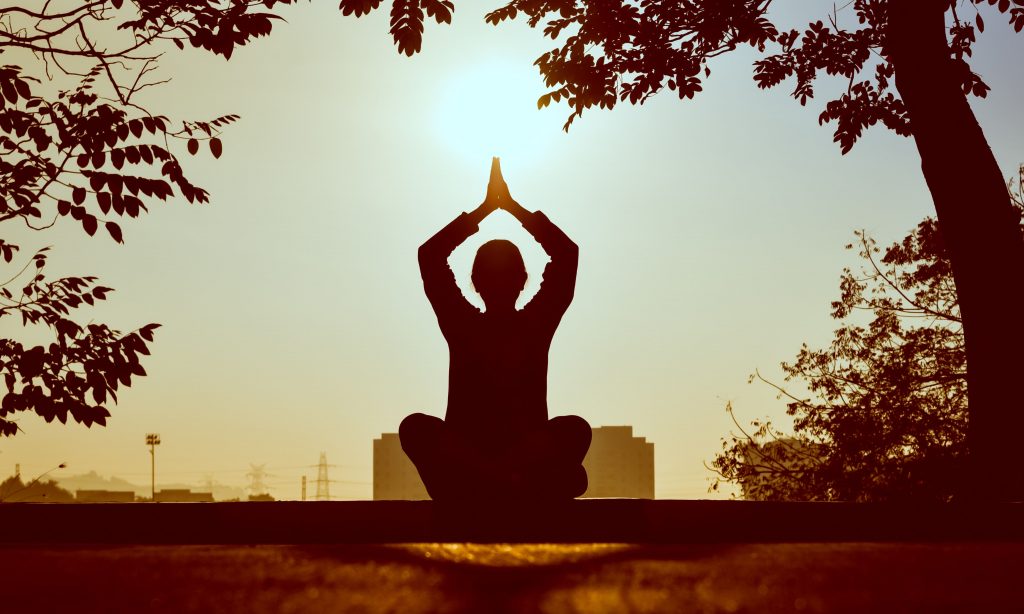By Prakriti Poddar, Global Head, Mental Health and Wellbeing, RoundGlass
Prakriti is focused on building peace and harmony and on arresting the overwhelmingly large unrest of mental and emotional health. In her role as the Global Head for Mental Health and Wellbeing, RoundGlass, Prakriti is actively involved in creating an integrated platform for Wholistic Wellbeing
Mini-meditations to pet therapy: Emerging wellbeing trends
Most of you will agree with me if I say that our life continues to be challenging as we juggle work-from-home and kids, cope with sleep issues, limited social interaction, and more. The stresses of our times have significantly impacted our mental and emotional wellbeing, and now people are actively embracing wellbeing practices, such as meditation, to live better and with more joy. The demand for mindfulness and meditation apps has increased by 8 percent from 2016 to 2020, according to a report by Fact.MR, a market research firm. As we search for ways to reimagine our lives and enhance our wellbeing, here are some trends that will help us live with more happiness, harmony, health, and growth:
1. Mini-Meditations:
In today’s fast-paced world, these short one-to-three-minute meditations are an excellent way to take a pause and reset our minds. Squeeze in these quick mindful moments of self-care between Zoom meetings, before shopping or driving the kids to school, or anytime you need a shot of relaxation, focus, connection, or insight. They help you to slow down, reflect and experience more ease and are a gateway to meditation for beginners who otherwise might get discouraged by the prospect of longer sessions.
2. Mindfulness for mental health and burnout:
According to a recently published webinar by US News and World Report, 60% to 75% of clinicians have reported symptoms of exhaustion, depression, sleep disorders, and PTSD since the start of the pandemic. These symptoms also manifested in parents who were working-from-home and in frontline workers. To address these challenges, we’ll see more wellbeing resources, such as meditation, being made accessible to people experiencing mental and physical exhaustion. Specific meditations, live sessions with experts, personalized services, and evidence-backed wellbeing content will be generated to help people heal and recover. We will also see a big push from corporate organizations in addressing wellbeing needs of employees by including wellbeing resources in their benefits programs/packages.
3. Quick-breathing techniques to reduce stress & anxiety:
One of the most practical solutions to anxiety is breathing techniques. Many of us are already used to taking three deep breaths whenever we feel nervous or anxious. Now new research is identifying and optimizing quick-breathing techniques that can help in coping with stress and anxiety, sleeping better, and acting as mood boosters. These breathing exercises focus on different ratio intervals and other techniques to augment the benefits of more formal meditation practices.
One-stop solutions for Wholistic Wellbeing
1. In the coming days, there will be an increase in integrated approaches to managing wellbeing. Accessible, personalized mental health support through apps will see tremendous growth. Soon our biometric health data, along with our mental and spiritual wellbeing will be available in one place – simplifying our journey to Wholistic Wellbeing.
2. Pet Therapy: For years, hospitals and healthcare institutions have recognized the benefits of having dogs and other animals in relieving stress and anxiety for patients. According to research, caring for pets can reduce stress, lower blood pressure, and improve mood. Now, wellbeing seekers are discovering the joys of meditating with pets. It can lead to deeper relaxation and greater wellbeing.











